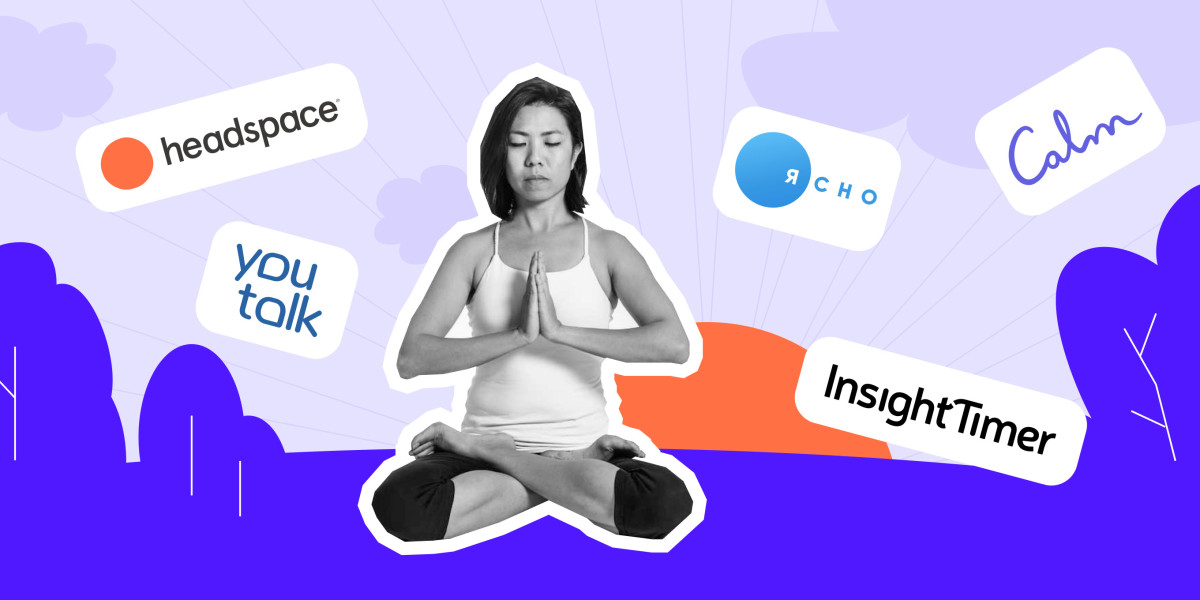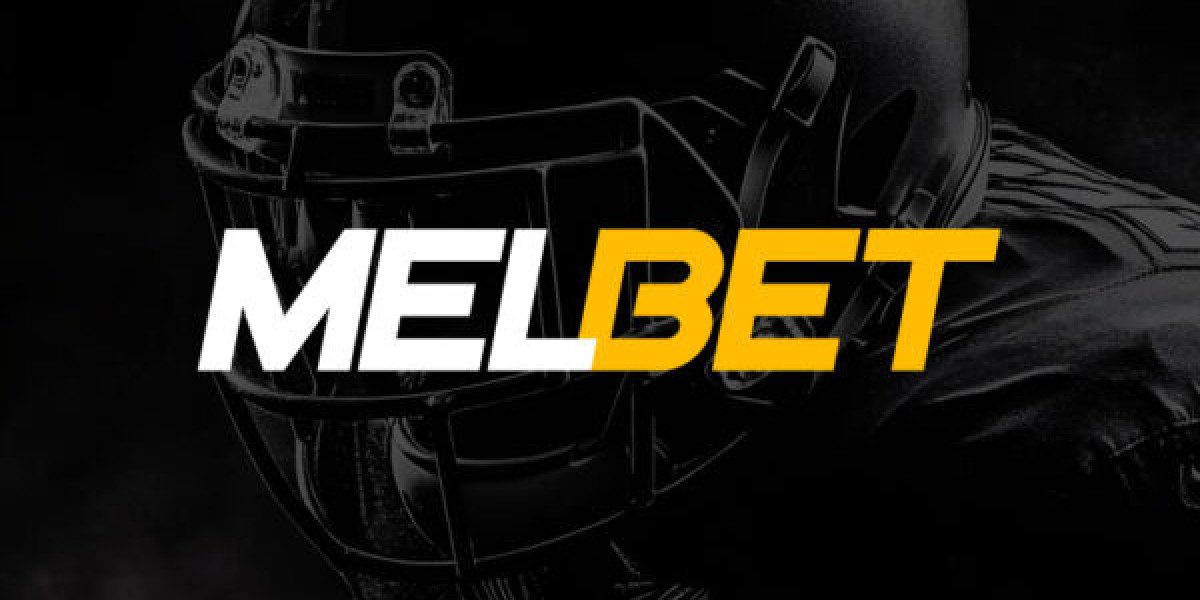In a city as dynamic and fast-paced as Los Angeles, stress and anxiety are becoming increasingly common—especially among its massive population of young professionals, creatives, and startup founders. The good news? A wave of wellness-focused startups in LA are responding with something more scalable and accessible than traditional therapy: personalized mental health support through mobile apps.
These wellness apps are no longer just digital diaries or mood trackers. With AI integration, user behavior analytics, and real-time feedback loops, they're becoming intelligent tools for mental wellness. And at the heart of this movement are founders collaborating with a mobile app development company in Los Angeles to turn empathetic ideas into high-impact digital solutions—while keeping an eye on user experience, accessibility, and yes, development costs.
Why Mobile Apps Are Becoming the Go-To Mental Health Tool
From therapy sessions to guided meditations, mobile apps are transforming how people engage with their mental health. Especially in LA—where tech-savviness meets a wellness-obsessed culture—apps are offering support that is:
· Private: Users can manage their mental health discreetly without scheduling appointments or facing stigma.
· Personalized: Based on data inputs, user mood, and preferences, these apps deliver tailored support.
· On-Demand: Support is available anytime—during a late-night anxiety spike or post-meeting burnout.
In short, wellness startups are using mobile apps to create a daily relationship between users and their mental well-being.
What Personalization Really Means in Mental Health Apps
When we talk about “personalized” mental health support, it’s much more than greeting users by name or tracking streaks. Modern mental wellness apps now include:
· Emotion Recognition: Using natural language processing (NLP) and sentiment analysis to respond empathetically to journal entries or voice inputs.
· Mood-Based Recommendations: Suggesting specific meditations, exercises, or affirmations depending on how a user feels.
· Behavioral Pattern Recognition: Identifying trends in user behavior to prevent burnout or emotional lows before they happen.
For LA-based founders, creating this level of personalization means going beyond templates. It involves investing in behavioral science-backed design and working with development partners who understand the nuances of data privacy, HIPAA compliance, and mental health UX best practices.
Understanding the mobile app development cost in LA is also essential, as incorporating features like AI and data encryption adds to the scope—but they’re critical for building trustworthy wellness products.
LA Wellness Startups Leading the Way
Several Los Angeles-based startups have made headlines for building user-centric mental wellness platforms:
1. InnerHour (Expanded in LA Market)
Originally based in India, InnerHour has extended into the U.S. with an emphasis on localized mental wellness. Their app offers mood tracking, CBT-based modules, and AI chat support—all personalized to each user’s emotional profile.
2. MindFi
MindFi tailors mindfulness content based on user schedules and stress levels. It’s being piloted in various startup ecosystems, including LA co-working spaces.
3. Woebot Health
Though not exclusively LA-based, Woebot—a friendly AI chatbot trained in cognitive-behavioral techniques—has seen strong adoption in West Coast markets due to its friendly, human-like interaction model.
These companies are not just tech-first—they’re wellness-first. Their mobile apps respect the complexity of mental health while leveraging data science and machine learning to create meaningful user experiences.
Building Trust Through UX and Privacy
When it comes to mental health, trust is everything. That’s why LA startups are focusing heavily on:
· Transparent data handling: Letting users know what data is collected and how it’s used.
· Clear emergency protocols: Including options to connect with a real person or crisis hotline when needed.
· Emotionally sensitive design: Interfaces that avoid overwhelming colors, pushy notifications, or guilt-based messaging.
Mobile app developers play a key role here. A mobile app development company experienced in wellness or healthcare apps will already understand how to design with empathy and ethics—two non-negotiables in mental health tech.
Personalization ≠ Complexity
One common misconception among founders is that personalization adds unnecessary complexity to product development. But done right, personalization is scalable.
For example:
· An onboarding quiz can classify users into support archetypes (e.g., anxious, burned out, grieving).
· Daily micro-check-ins can update content recommendations using lightweight AI models.
· User data, when anonymized, can train algorithms to become smarter over time—without violating privacy.
The result? A product that grows with its users while still feeling personal and caring.
Wellness App Features That Are Gaining Traction
As you consider building your own mental wellness product, here are some personalized features trending in LA's wellness tech space:
Feature | Why It Matters |
AI-powered mood journaling | Detects emotional tone and suggests content or techniques |
Customized mindfulness tracks | Based on user input or biometric data (e.g., heart rate) |
Smart reminders | Not just to open the app, but to stretch, breathe, or rest |
Emotion-based content surfacing | Prompts videos, affirmations, or activities suited to mood |
Community groups | Algorithmically matched to support user’s personality and needs |
These aren’t just nice-to-have. They’re becoming expected by users looking for more than just “another meditation app.”
Funding, Retention, and Growth Opportunities
Personalized wellness apps also perform better in key startup metrics:
· Higher engagement: When users feel understood, they’re more likely to return daily.
· Better retention: Tailored experiences keep users longer and lead to more premium upgrades.
· Investor interest: Wellness is a hot space. Startups with real user data and personalization engines are more likely to attract attention.
Founders should balance the upfront mobile app development cost with the long-term value of personalization. The ROI often justifies the investment through better user outcomes, stronger reviews, and more sustainable monetization.
Roadmap for LA Founders: How to Start
If you're building a wellness app for mental health support in LA, here’s a recommended path forward:
· Start with user needs, not just features
Conduct interviews or partner with psychologists to understand gaps in current solutions.
· Validate your idea with a no-code or low-code MVP
Focus on 1–2 core personalized experiences before scaling.
· Choose your tech partner wisely
A local development company with wellness experience will bring in the right compliance, design, and performance insights.
· Iterate fast, measure thoughtfully
Track metrics like daily active users, sentiment improvement (via check-ins), and content engagement rates.
· Plan for scale with privacy-first personalization
Use anonymized data and federated learning if needed to protect user trust as you grow.
Final Thoughts
Mental health isn’t a one-size-fits-all challenge, and neither should be the apps we use to support it. Los Angeles wellness startups are showing the world how personalization, powered by thoughtful mobile app development, can deliver empathetic, effective, and private mental health support at scale.
With mobile adoption at an all-time high, and more users willing to seek help digitally, the time is now to invest in this space. Whether you're still wireframing your idea or scaling post-seed, prioritizing personalization can set your app apart in the crowded mental wellness market.
So if you’re ready to make a difference in how people feel, heal, and grow—start building today. The city of angels is more than ready for a new era of mindful mobile innovation.








